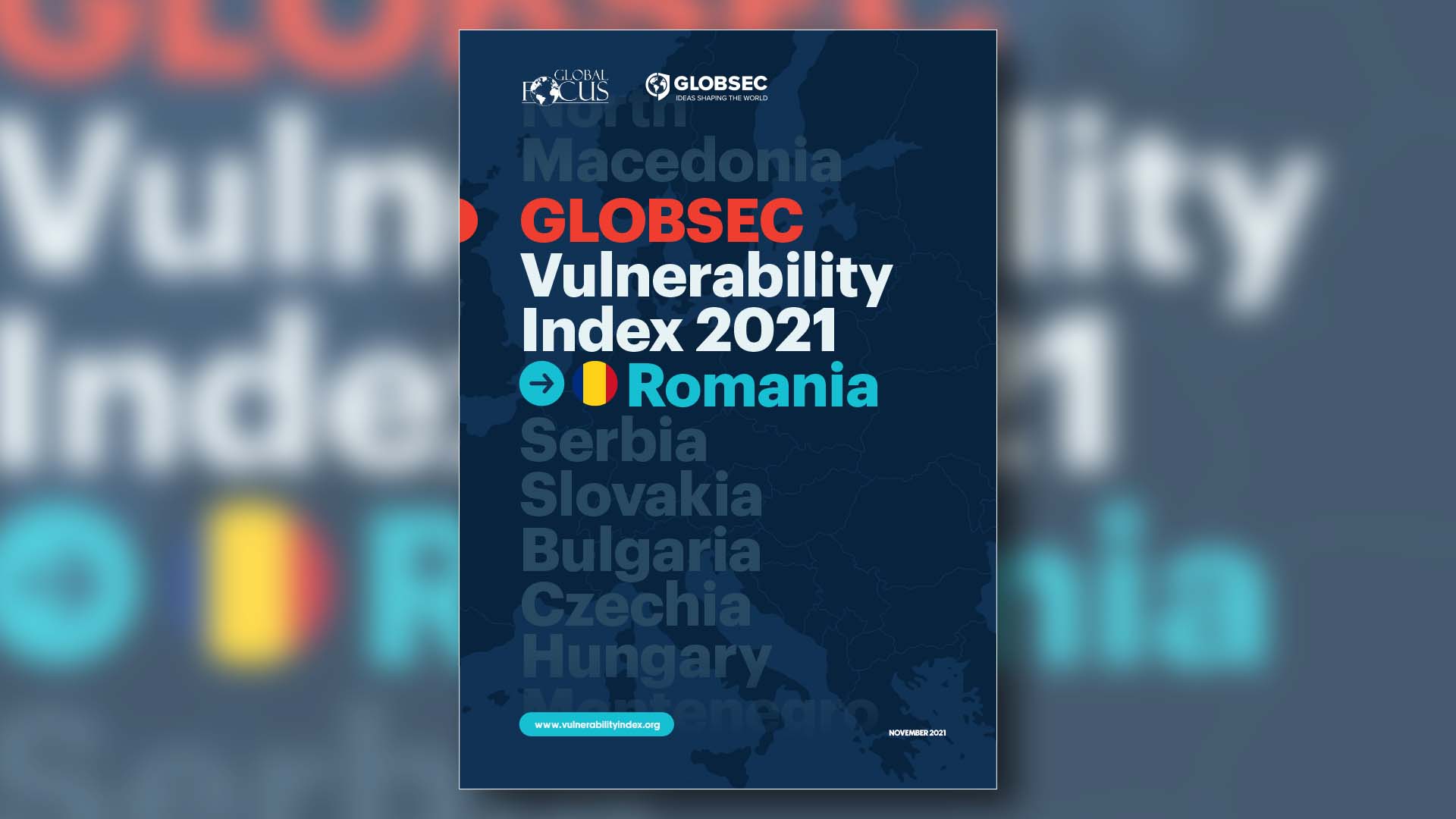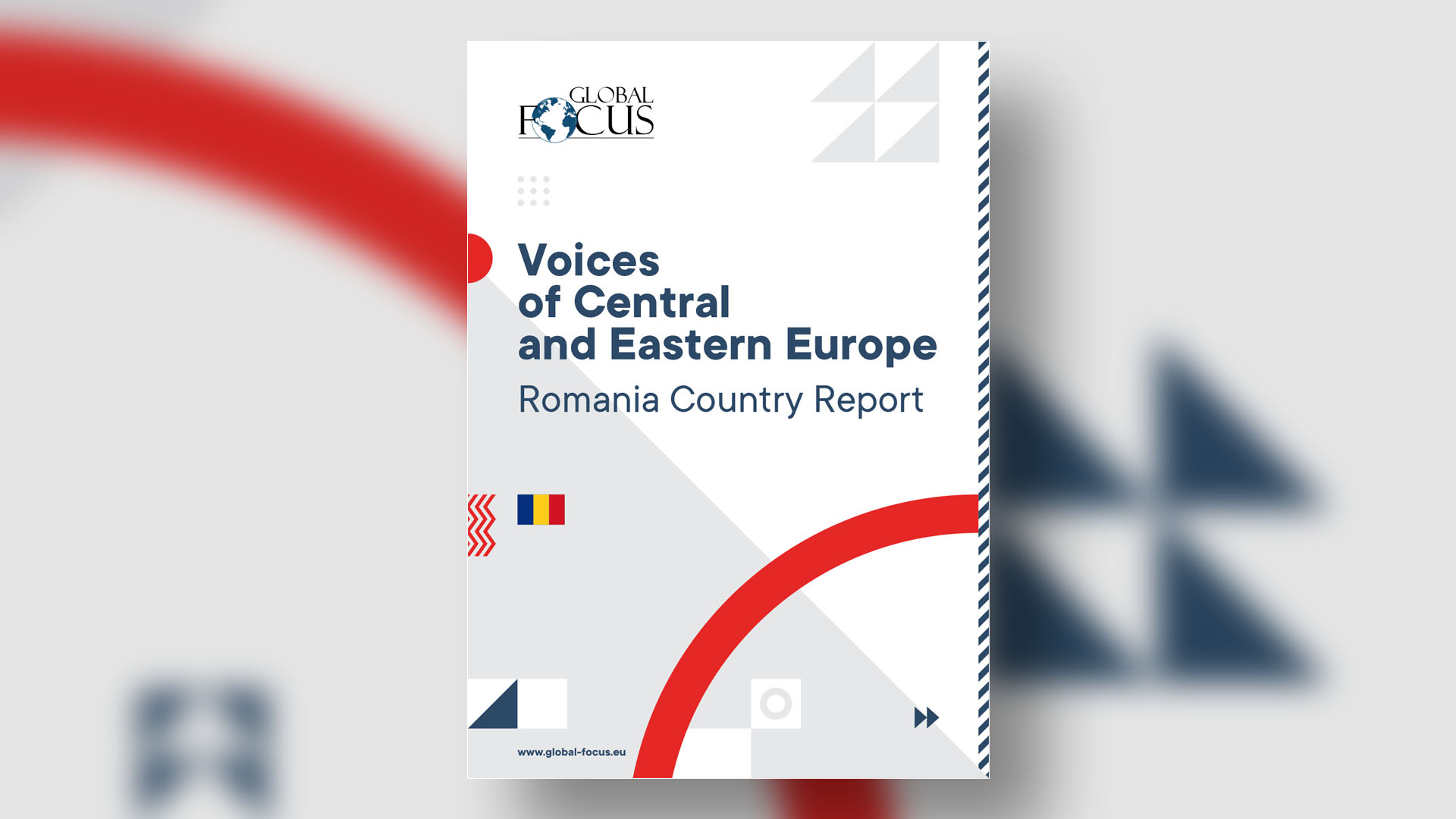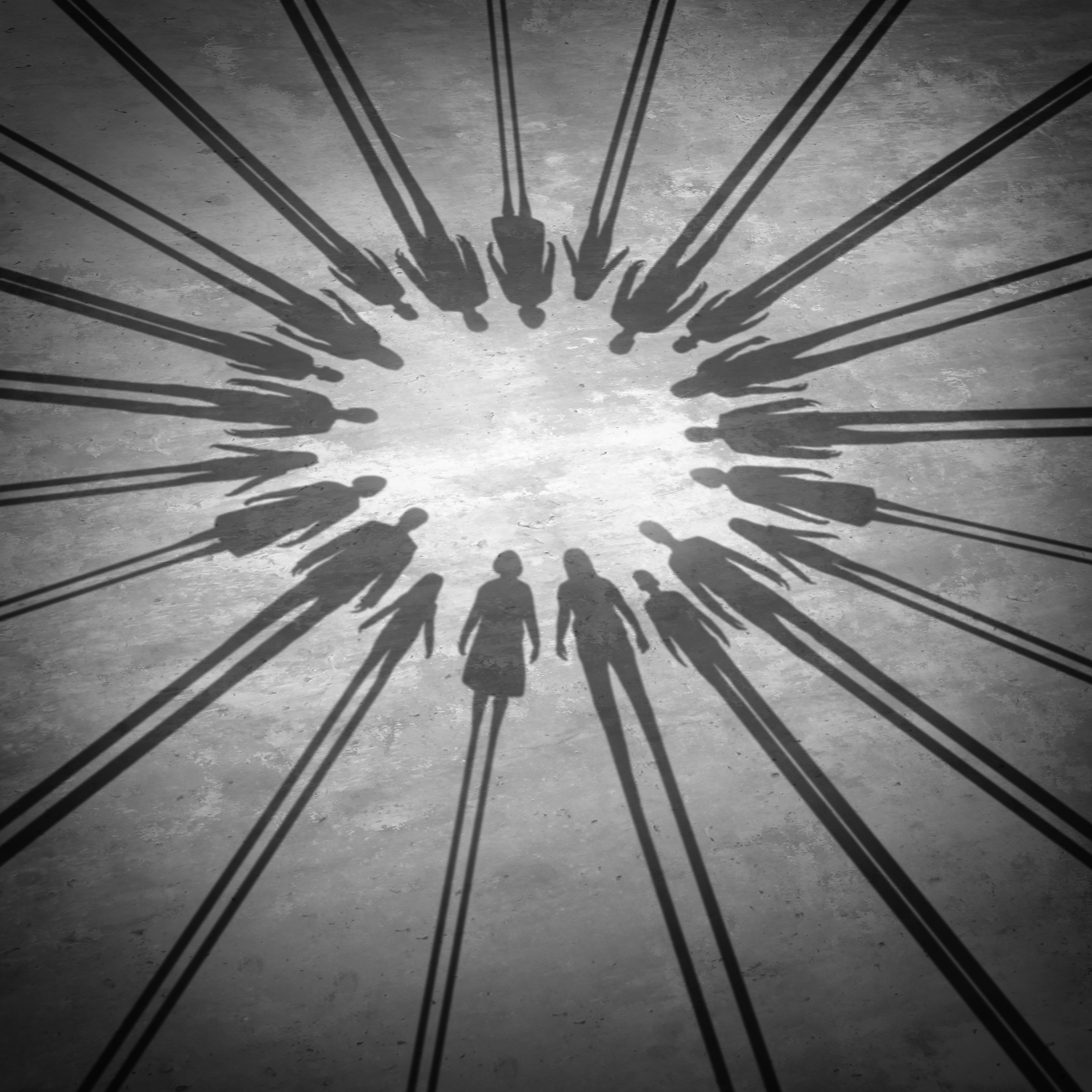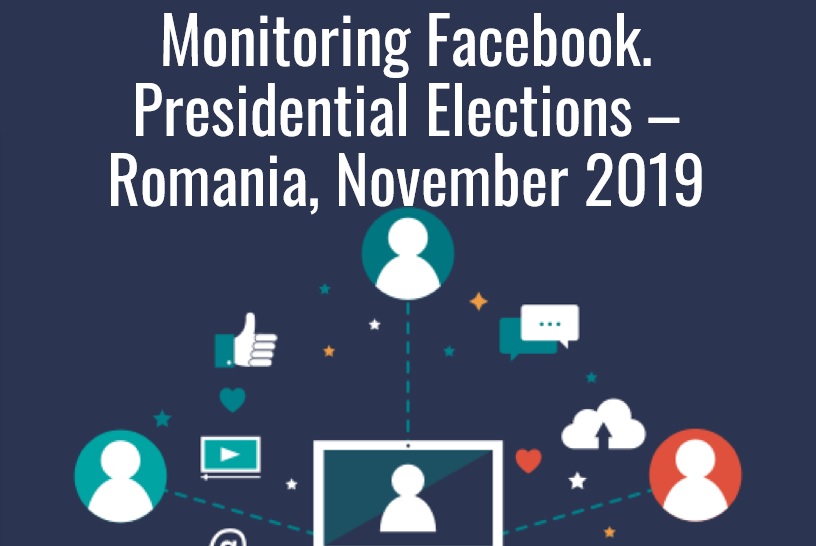Romania scores higher than other regional countries in terms of resilience to foreign interference, mainly thanks to its firm pro-Western orientation. The country’s primary vulnerabilities remain internal: elite capture by groups of interests that influence the political and social agenda, media ownership by corrupt businessmen and politicians, a drift toward social conservatism, etc. align with the interests of Moscow and Beijing to weaken the Euro-Atlantic alliance and create potential opportunities for malign influence.
GlobalFocus Center and its regional partner Globsec have published the Vulnerability Index, an analysis of eight countries in Central-Eastern Europe and the Western Balkans (Czechia, Slovakia, Hungary, Romania, Bulgaria, Serbia, Montenegro, North Macedonia), with scores ranging from 0 (most resilient), to 100 (least resilient). Romania scores 29, equal to Czechia, whereas Serbia scores highest (55), closely followed by Hungary and Montenegro (44).






